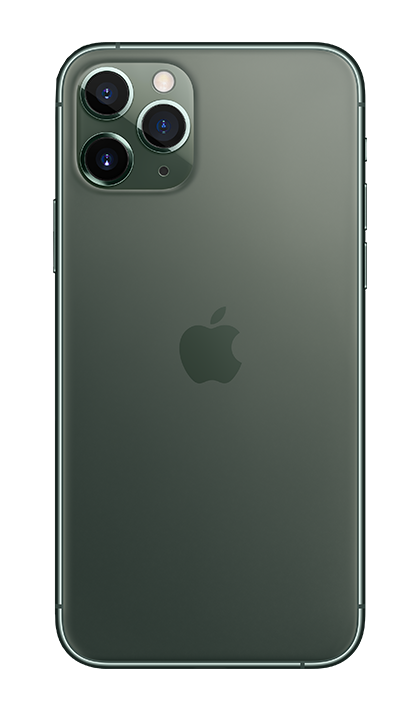Mocking

The provided library doesn't work on simulators. These steps allow you to mock the library and use it for developing or testing. Based on Detox Mock Guide.
Configure the Metro bundler
In order to override React Native modules, allow bundler to use the flag RN_SRC_EXT to extend
resolver.sourceExts, and then prioritize any given source extension over the default one.
Add to your Metro Config:
const { getDefaultConfig } = require("metro-config");
const { resolver: defaultResolver } = getDefaultConfig.getDefaultValues();
module.exports = {
...
resolver: {
...defaultResolver,
sourceExts: [
process.env.RN_SRC_EXT && process.env.RN_SRC_EXT.split(','),
...defaultResolver.sourceExts,
],
},
};
Create proxy for original and mocked modules
Create a new folder
vision-cameraanywhere in your project.Inside that folder, create
vision-camera.jsandvision-camera.e2e.js.Inside
vision-camera.js, export the original react native modules you need to mock, and insidevision-camera.e2e.jsexport the mocked modules.In this example, several functions of the modules
CameraandsortDevicesare mocked. Define your mocks following the original definitions.// vision-camera.js
import { Camera, sortDevices } from 'react-native-vision-camera';
export const VisionCamera = Camera;
export const visionCameraSortDevices = sortDevices;// vision-camera.e2e.js
import React from 'react';
import RNFS, { writeFile } from 'react-native-fs';
console.log('[DETOX] Using mocked react-native-vision-camera');
export class VisionCamera extends React.PureComponent {
static async getAvailableCameraDevices() {
return (
[
{
position: 'back',
},
]
);
}
static async getCameraPermissionStatus() {
return 'authorized';
}
static async requestCameraPermission() {
return 'authorized';
}
async takePhoto() {
const writePath = `${RNFS.DocumentDirectoryPath}/simulated_camera_photo.png`;
const imageDataBase64 = 'some_large_base_64_encoded_simulated_camera_photo';
await writeFile(writePath, imageDataBase64, 'base64');
return { path: writePath };
}
render() {
return null;
}
}
export const visionCameraSortDevices = (_left, _right) => 1;These mocked modules allows us to get authorized camera permissions, get one back camera available and take a fake photo, while the component doesn't render when instantiated.
Use proxy module
Now that we have exported our native modules and our mocked modules from the same folder, we must reference the proxy module.
// before
import { Camera } from 'react-native-vision-camera';
// now
import { VisionCamera } from '/your_path_to_created_folder/vision-camera/vision-camera';
Trigger
Start Metro bundler with provided flag for using .e2e.js files.
Whenever Metro runs with RN_SRC_EXT environment variable set, it will override the default files with the ones set in RN_SRC_EXT.
RN_SRC_EXT=e2e.js react-native start
RN_SRC_EXT=e2e.js xcodebuild <params>
RN_SRC_EXT=e2e.js ./gradlew assembleRelease
On your simulator, with debug mode enabled, you should see
"[DETOX] Using mocked react-native-vision-camera"
Issues
If testing doesn't work, try browsing the GitHub issues. If your issue doesn't exist, create a new one. Make sure to fill out the template and include as many details as possible.